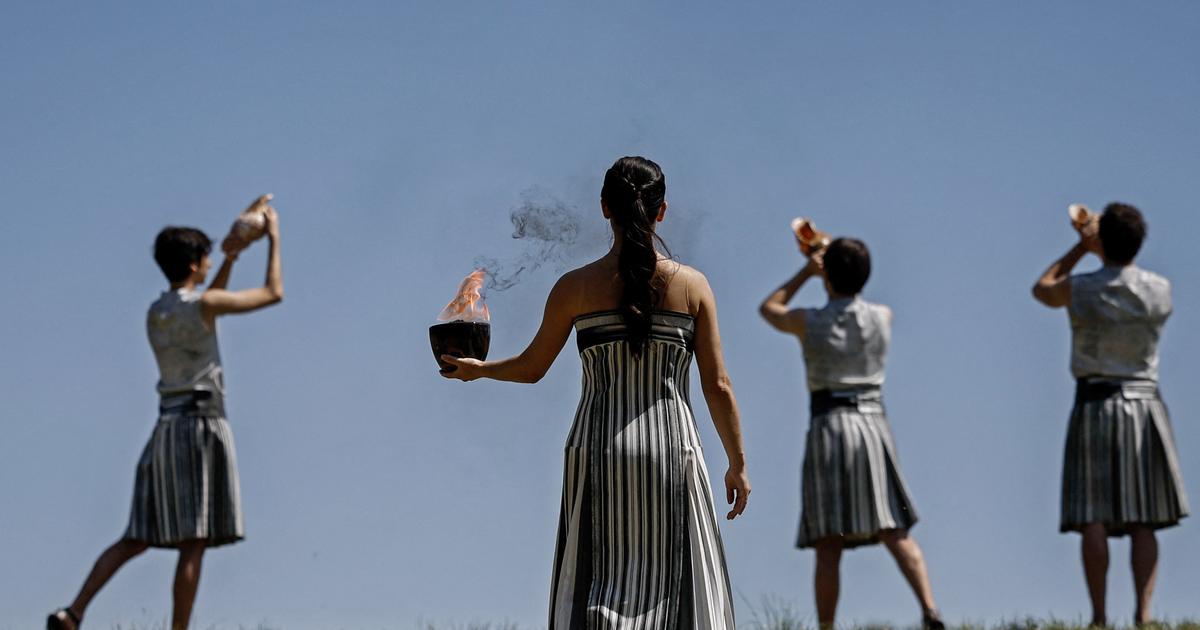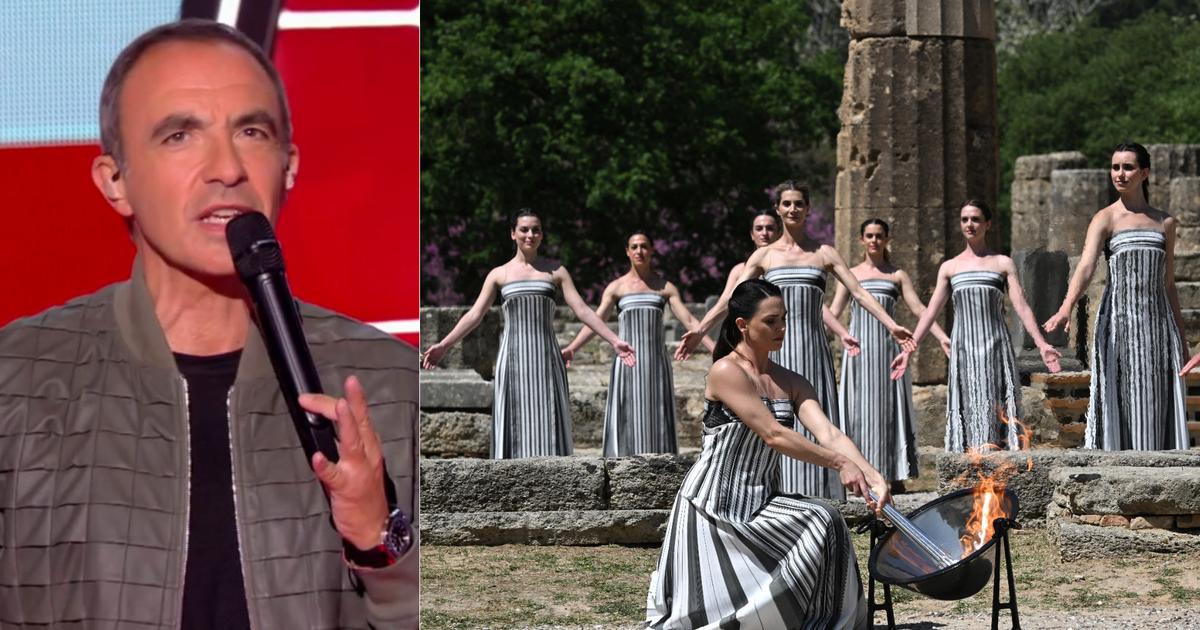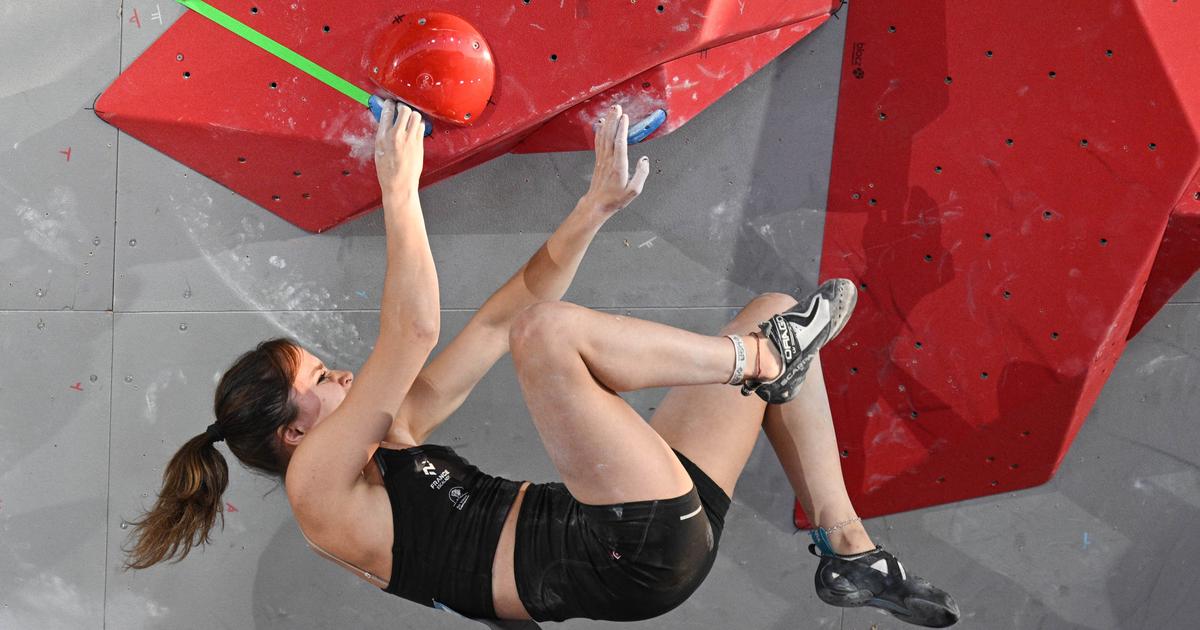Heat of lead, humidity and wearing of the obligatory mask.
The Olympic Games in Tokyo (Japan), from July 23 to August 8, promise to be hot.
Although measures against Covid-19 are the priority, experts also warn of the dangers of the heatwave.
The sweltering of the Japanese summer, which combines heat and humidity into an uncomfortable and sometimes deadly cocktail, began to worry organizers long before the pandemic forced the one-year postponement of the Olympics-2020.
The relocation of marathons and walking events to the northern island of Hokkaido was decided in 2019 to try to escape the temperatures that can reach 37 ° C and the 80% humidity of the Japanese capital.
The organizers also imagined relieving athletes and spectators with artificial snow or the distribution of ice cream.
In 2018, dozens of people died due to weather conditions in July.
Discomfort during test events
The health measures linked to the pandemic complicate the task of the organizers, even if the ban on spectators on almost all the sites will limit the risk of heat stroke. Wearing a mask will indeed be compulsory for everyone, and athletes arriving in Japan just before the events because of the anti-Covid-19 measures will have little time to acclimatize.
Hosting the Games in July-August "was already a thorny issue before the coronavirus pandemic," Tokyo Medical Association president Haruo Ozaki recently told reporters.
Even by "exfiltrating" certain events, "there is always a high risk of heatstroke in the walking, triathlon and beach volleyball events," he warned.
During test events in 2019, the organization experimented with various heat-fighting measures: 1360 tonnes of ice to cool athletes, tents for shade, distribution of ice cream, use of misters ... Despite this, several people, including sportsmen, were victims of discomfort during beach volleyball and rowing events.
A hotter-than-average summer 2021
Not without irony, Tokyo's candidacy for the organization of the event had won against rivals like Doha (Qatar) by praising the "mild temperatures" of the Japanese capital. The torrid summer conditions of the city are however well known, and the Olympics which it already hosted in 1964 were then held in October to avoid the heat. The problem has worsened in recent years due to global warming and increasing urbanization, experts say.
A report published in May by the British Association for Sustainable Sport (Basis) warned that "intense heat and high humidity are a threat to athletes" at the Tokyo Games. British rower Melissa Wilson, cited in this report, believes rising temperatures around the world are a danger to rowing. “It's a horrible moment, when you see the athletes crossing the finish line, their bodies rushing back in a state of total exhaustion, and not getting up,” she said. To make matters worse, summer 2021 promises to be hotter than average in Tokyo. "A difference of one to two degrees on the day of the competition will have a major impact on the safety" of the participants, judge Ben Bright, an official of the British Triathlon Federation, quoted in the report of the Basis.
Read alsoJO of Tokyo: the French plan to fight against the heat
In 2019, 71,000 people called for heat stroke in Japan, where 118 deaths were recorded between June and September.
Even in 2020, when the population was called to stay at home because of the pandemic, 65,000 people needed treatment and 112 died.
The constraint of wearing a mask
Doctors have warned organizers that heat-related interventions during the Games could divert medical resources from the fight against the coronavirus. Health rules, requiring athletes to wear the mask at all times, except when training, competing, eating, drinking, sleeping or during interviews, should further complicate the situation. An official of the Tokyo-2020 organizing committee assured that the committee "was discussing the situation with experts" and that the rules would be "flexible" taking into account the risks associated with the heat. The mask can thus be removed "if you are outside and at least two meters from others".















